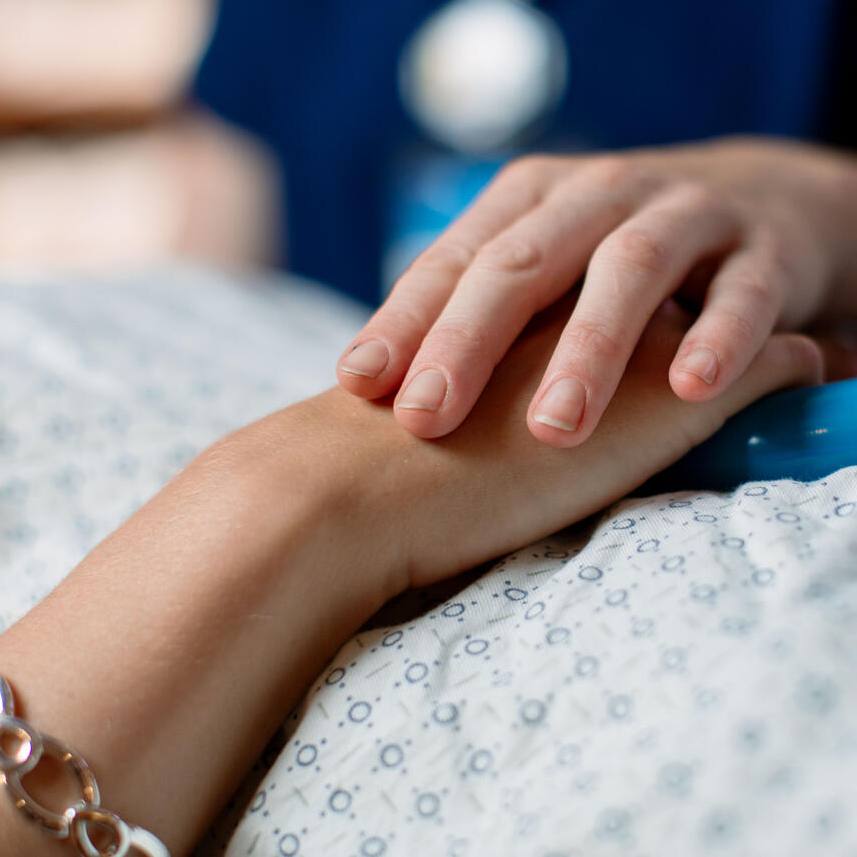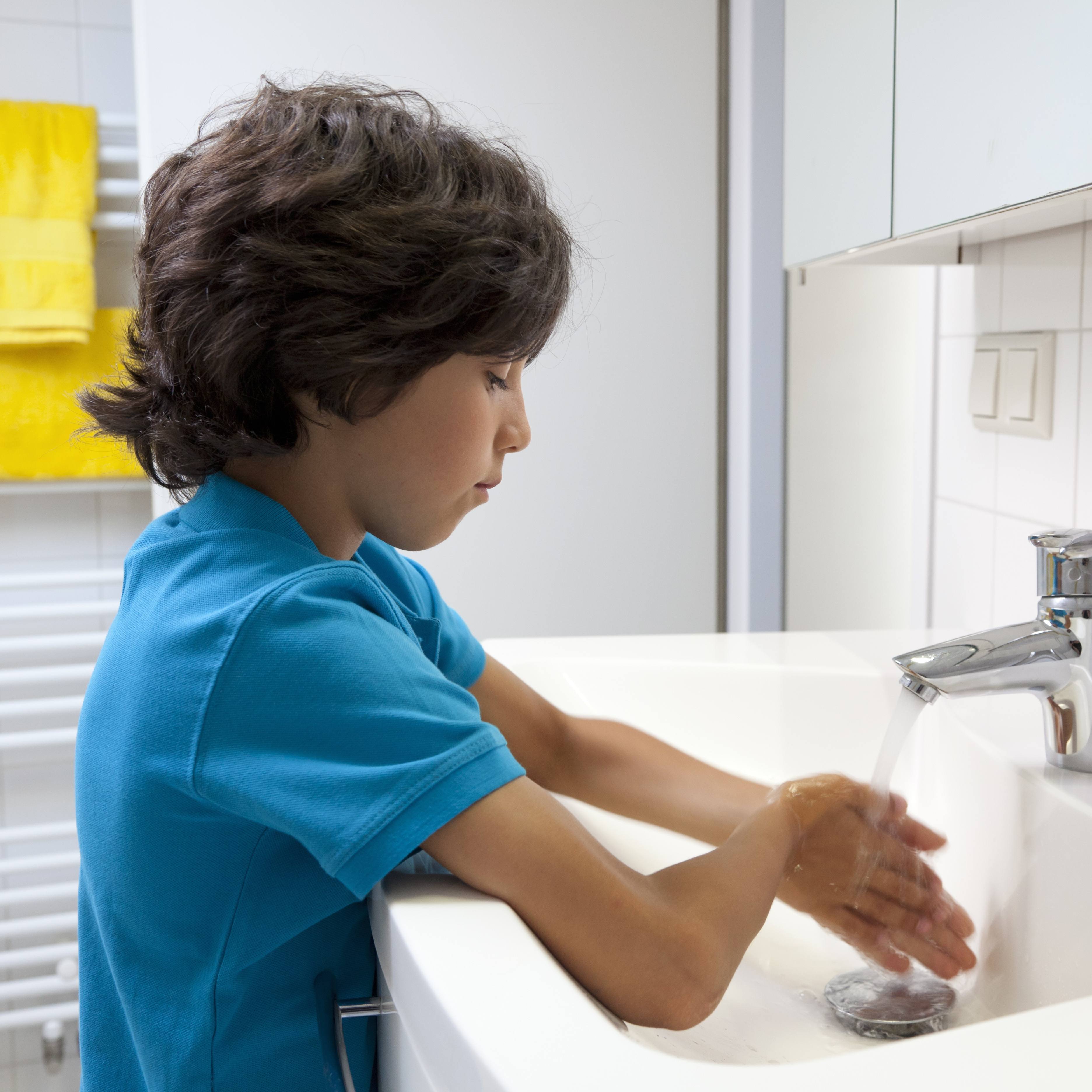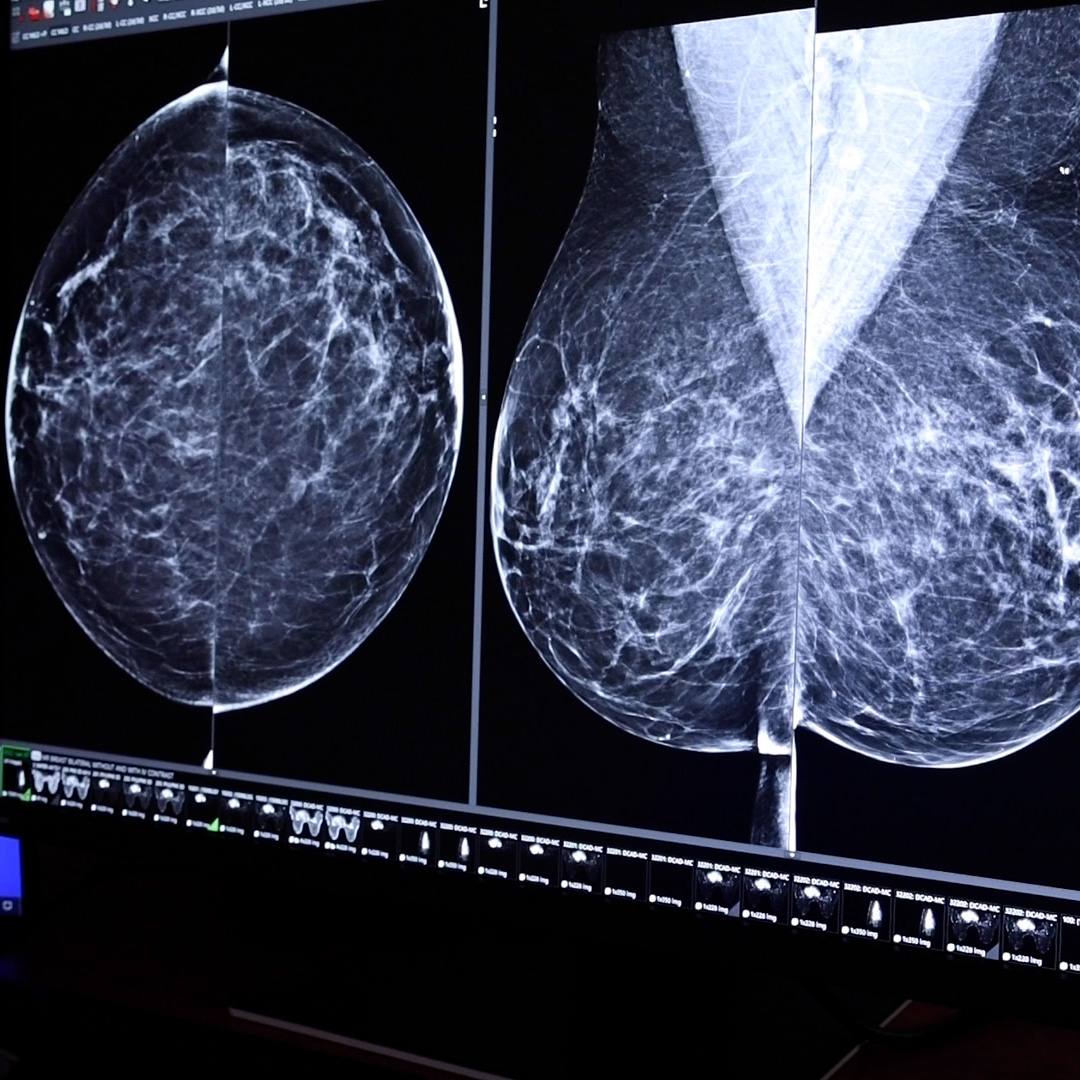-
Mayo Clinic Minute
Mayo Clinic Minute: Who should be screened for colorectal cancer?
Colorectal cancer is the second-leading cause of cancer death in the U.S. Colorectal cancer cannot be totally prevented, but there are ways to lower your risk and that’s with regular screening.
The U.S. Preventive Services Task Force and the American Cancer Society encourage patients to start screening for colorectal cancer at age 45. Dr. John Kisiel, a Mayo Clinic gastroenterologist, also says patients should begin screening at 45. He recommends checking with your health care team about your risks, and with your insurance provider about your coverage.
Journalists: Broadcast-quality video (1:06) is in the downloads at the end of this post. Please courtesy: "Mayo Clinic News Network." Read the script.
Men are more likely than women to get colorectal cancer, and rates of colorectal cancer are higher in Black Americans, American Indians and Alaskan Native adults.
"African Americans are often diagnosed with either more advanced disease or may have more aggressive disease when they are diagnosed, and that's matched stage for stage," says Dr. Kisiel.
He says research shows that Black patients often face discrimination in accessing screening services or optimal cancer treatment.
Colorectal cancer risk factors also include family history, inherited syndromes, diabetes, smoking, diet and age.
"It is a condition that is most commonly diagnosed around age 67, but the risk continues to advance with age," says Dr. Kisiel.
He advocates for regular screening and says if the disease is diagnosed early, it is highly treatable. If it's diagnosed later, it's less likely curable.
"Colon cancer has been called the most fatal, yet most preventable, disease."
For those uncomfortable with a colonoscopy or a stool-based test, Dr. Kisiel offers this: "Colon cancer can kill you. Embarrassment will not."
For the safety of its patients, staff and visitors, Mayo Clinic has strict masking policies in place. Anyone shown without a mask was either recorded prior to COVID-19 or recorded in an area not designated for patient care, where safety protocols were followed.







